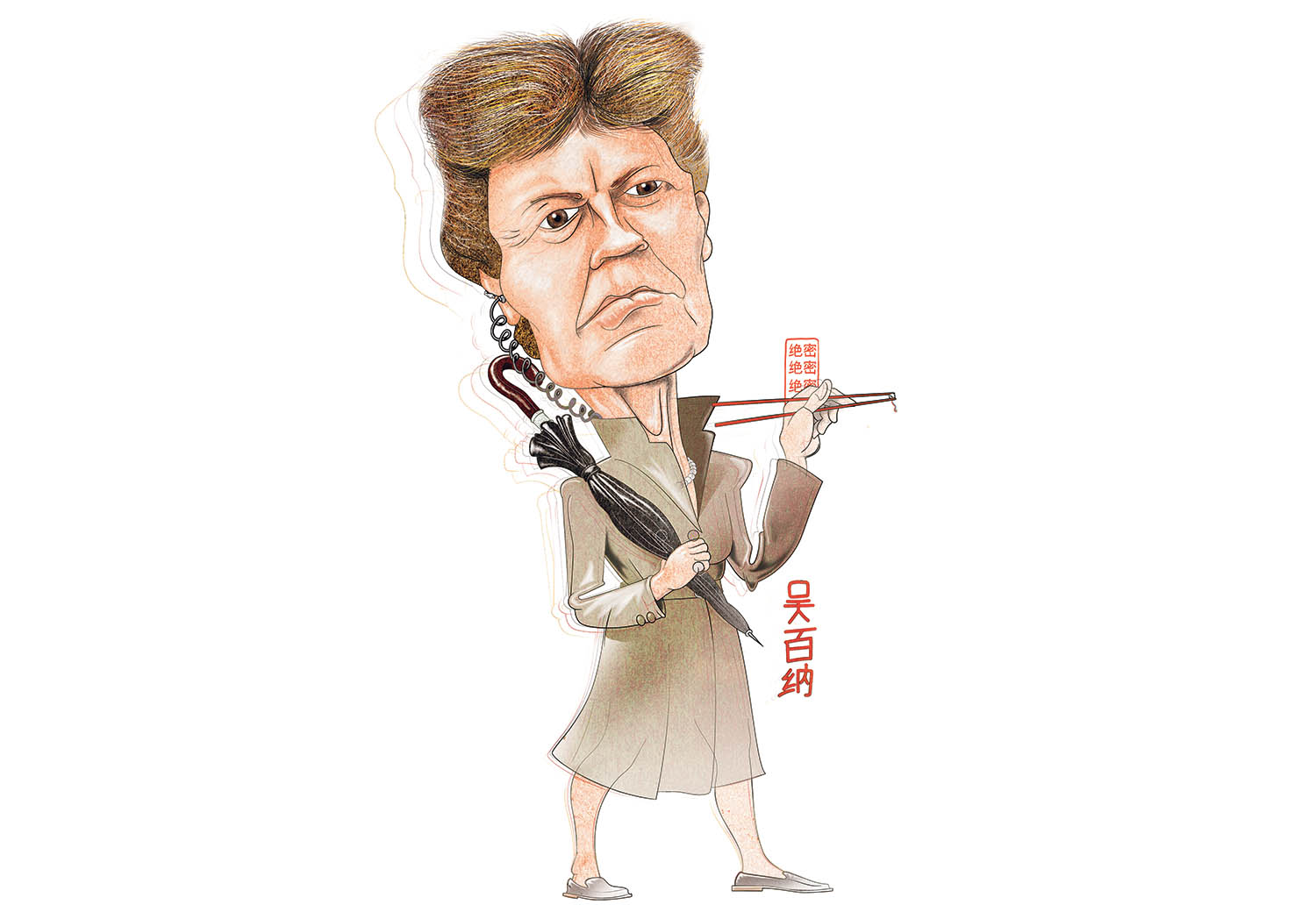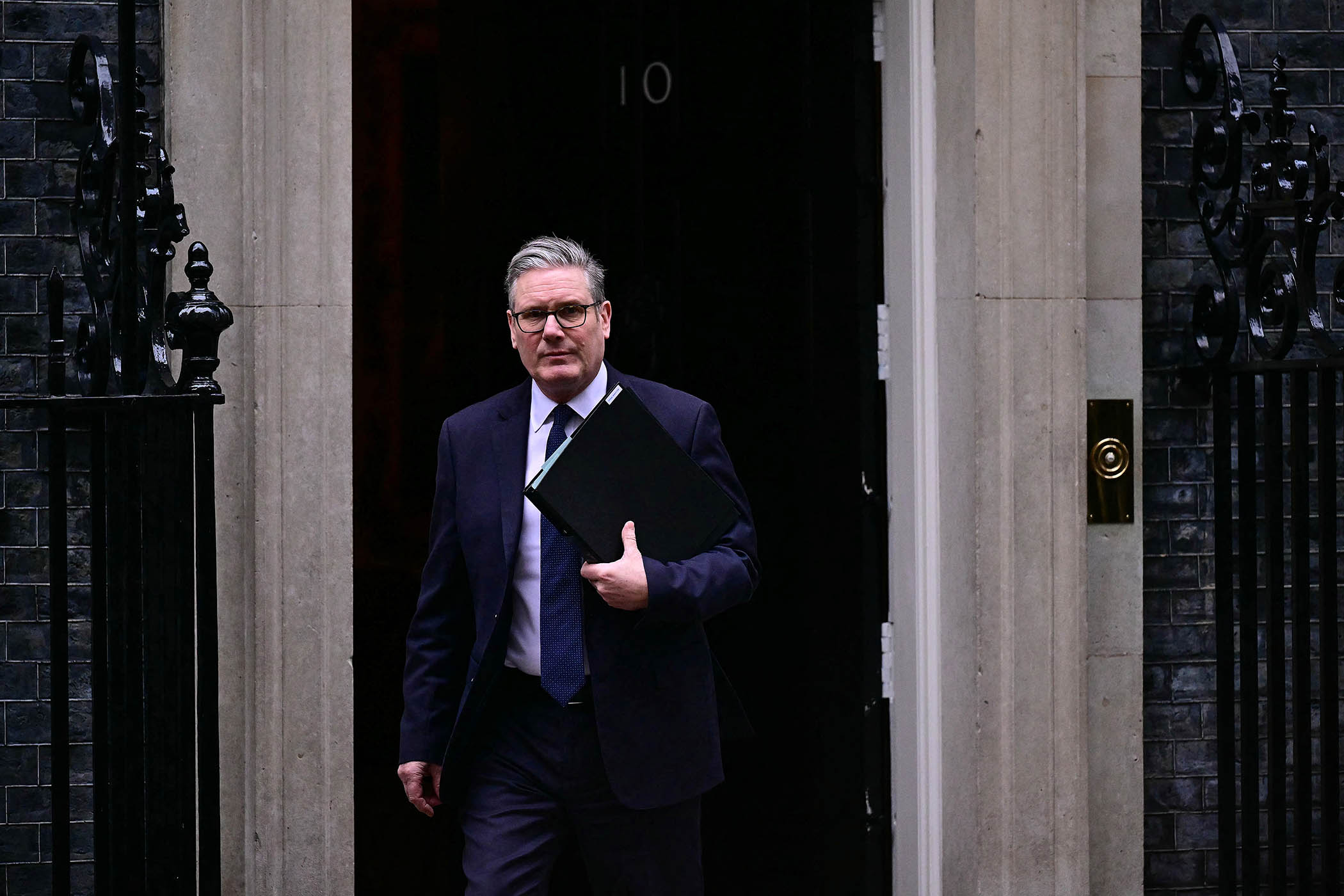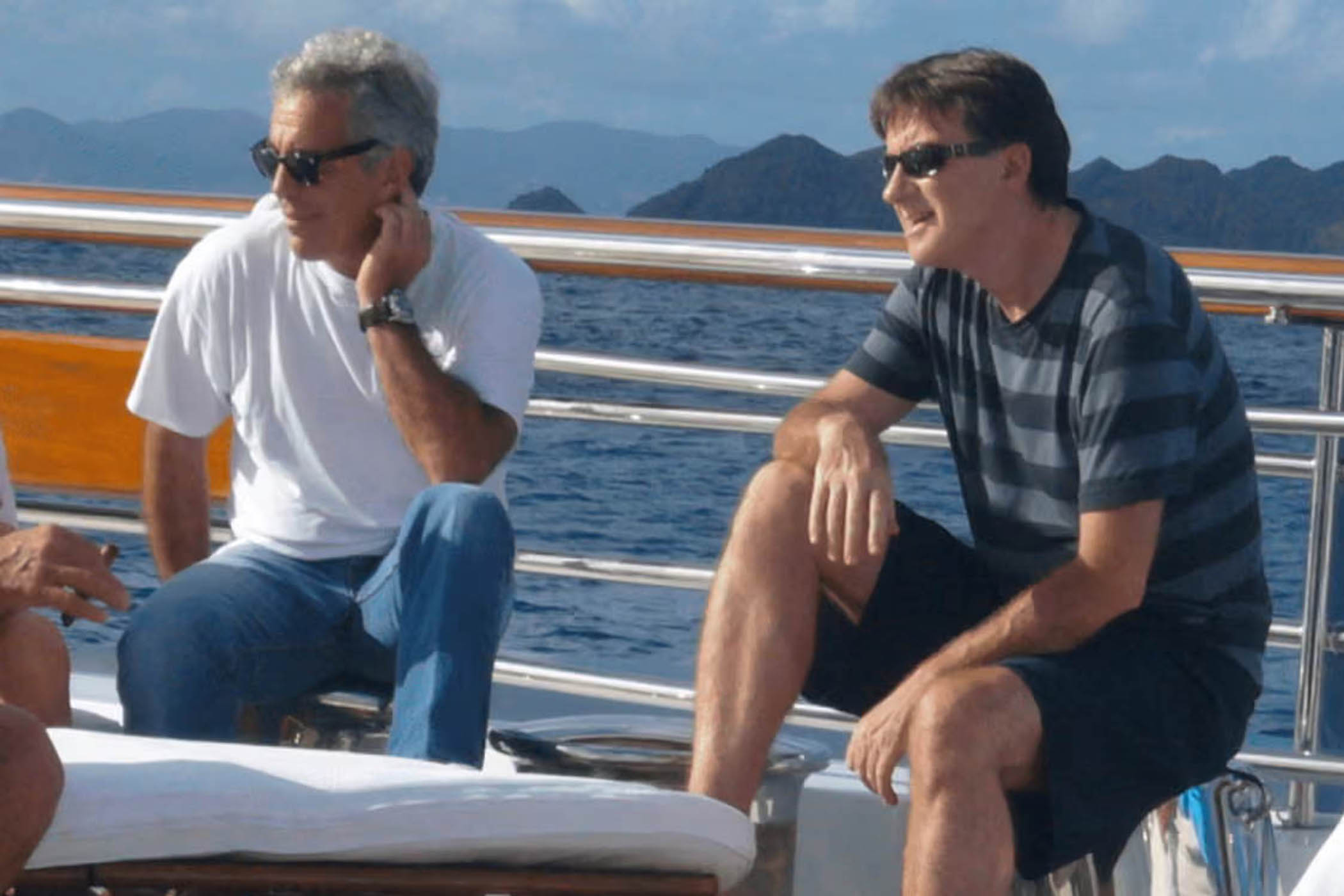Any day now, the Secret Intelligence Service, known as MI6, will have its first female head – a position traditionally referred to, with a certain cryptographic drama, as “C”. There are said to be two remaining candidates for the role, both of them women. One is from within MI6 itself, and therefore will remain nameless unless she lands the job (only the chief of the service is made known to the public).
The other is 64-year-old Barbara Woodward, the permanent representative of the UK to the UN and said to be favourite for the job. Inevitably, she has been compared to Judi Dench’s M, the James Bond screen version of the MI6 boss who broke through the glass ceiling 30 years ahead of the real-life version.
Aside from her tendency to wear her hair short, Woodward has little in common with Dench’s M. There’s none of the tart delivery or schoolmarmish asides. Former colleagues talk of her “easy going, pleasant” manner and her “open” style of management.
She’s “straight down the line”, says Sarah Hildersley, who was a desk officer at the Know How Fund, when Woodward, who joined the Foreign Office in 1994, was deputy head of the operation. The fund aimed to realise Margaret Thatcher’s dream of transforming the countries of the former Soviet bloc into market economy liberal democracies.
At the time, says Hildersley, it was rare to find women in senior positions at the Foreign Office.
“It was a tricky environment,” she says. “You had to be very self-confident and just crack on with the job. She’s someone who really studies and knows her material. She is a details kind of person, decisive and clear in her thought process.”
As admirable as these qualities are, criticism has been voiced in newspapers that Woodward was too soft on the Chinese when she was the UK’s ambassador in Beijing. Last month, the nickname “Beijing Barbara” suddenly gained currency, having never previously been heard by anyone, when her candidacy was leaked to the Sunday Times.
“This wasn’t just a leak,” said former Sun editor David Yelland on his BBC podcast about PR spin, When It Hits the Fan. “This was an intelligence operation in my opinion.”
Related articles:
He speculated that there are those in MI6 who would prefer not to see an outsider take the top job.
Despite all the “it is understood” rhetoric of off-the-record briefings that have made their way into newspapers, only Iain Duncan Smith, seldom shy of sharing his opinion, has so far come out publicly against Woodward. He was quoted as saying that people like himself “will have concerns that she was less than robust about Chinese actions, and only raised Xinjiang and the Uighurs when she left China”.
Newsletters
Choose the newsletters you want to receive
View more
For information about how The Observer protects your data, read our Privacy Policy
That may sound rather restrained for Duncan Smith, but his basic message – that the potential head of Britain’s foreign secret service is pro-China – won’t go unheard in the heated, not to say paranoid, political atmosphere in which Washington currently functions. By definition, diplomats are called on to be diplomatic, but was Woodward too diplomatic in her dealings with the Chinese authorities?
‘Beijing Barbara’ gained currency as a nickname when her candidacy was leaked to the press
‘Beijing Barbara’ gained currency as a nickname when her candidacy was leaked to the press
Charles Parton, a former diplomat who is now adviser to the Council on Geostrategy, worked under Woodward when she was in charge in Beijing. He has often been outspoken in his criticism of China, but thinks the idea that Woodward was weak is completely misplaced.
“Civil servants are required to interpret the will of their political masters,” he says. “It would be far more apposite to talk about ‘Beijing Osborne’. You may be called plenipotentiary, and in the old days it was three or four months before anyone could reach you and so you had to make some decisions. This is no longer the case. She couldn’t set her own policy – so, no, I don’t think that’s a fair criticism.”
However, Parton, who admires Woodward and believes she “runs a good ship”, has his doubts about her bona fides to become the new C. The current holder of that title, Sir Richard Moore, served undercover for MI6 in foreign postings such as Vietnam and Pakistan before becoming ambassador to Turkey.
“It seems strange to appoint a chief executive who has never had any experience of the business,” says Parton. Or at least as far as we know. Historically, there have been strong links between the diplomatic and intelligence services, with spies, such as Moore, frequently working under the cover of embassy posts. But assuming that Woodward hasn’t been maintaining a deep cover in plain sight, will this be held against her in the Vauxhall HQ? One former MI6 agent suggests that insiders are indeed preferred, but also notes that John Sawers, who had the same role as Woodward at the UN, proved to be a popular appointment as the chief at 85 Albert Embankment from 2009 to 2014.
In an earlier era, when the British secret services happened to be riddled with Soviet double-agents, the good family name of a candidate was often enough to gain admission. Woodward comes from the sort of stock that would have opened the right doors.
She grew up in Suffolk, the daughter of Gabrielle (nee Fenton), who taught at Ipswich School, and Arthur Woodward, who won a military cross for gallantry in World War II the second world war. After attending the private Saint Felix School in Southwold, she read history at the University of St Andrews.
She then taught English in China, and later studied Chinese in London. She also earned a master’s in international relations from Yale. She has tended to be placed her at the heavier end of the diplomatic spectrum. Not for her consular officer in the Bahamas or cultural liaison in Rome. Her first posting was in Russia, during the wild west years soon after the collapse of the Soviet Union, and then a stint as deputy ambassador in China.
After recall to the UK, she was in charge of the UK Border Agency and spent a period at the Foreign Office as director general of economic and consular affairs. She returned to China in 2015 as ambassador.
Along the way, she has not been afraid to get her hands dirty. In 1999, for example, she was awarded an OBE for her role in gaining the release of two Britons in Chechnya.
“She’s extremely competent,” says Isabel Hilton, who founded the China Dialogue Trust (now Earth Dialogue) and had many dealings with her during Woodward’s first posting in China. She saw someone who was always on top of her brief and whose perspective was not clouded by a romantic view of the country.
“The good diplomats on China are perfectly clear about China,” she says. “They don’t take the Duncan Smith approach, which is to stand on a barrel and shout at everyone, which doesn’t get anywhere.”
Whether Woodward’s calm and measured approach will win the day remains to be seen. But if she does emerge victorious from the decisive chats that both candidates are due to have with the prime minister, Keir Starmer, and foreign secretary, David Lammy, perhaps her first job on getting her feet under her new Vauxhall desk will be to find out who leaked her candidacy.



